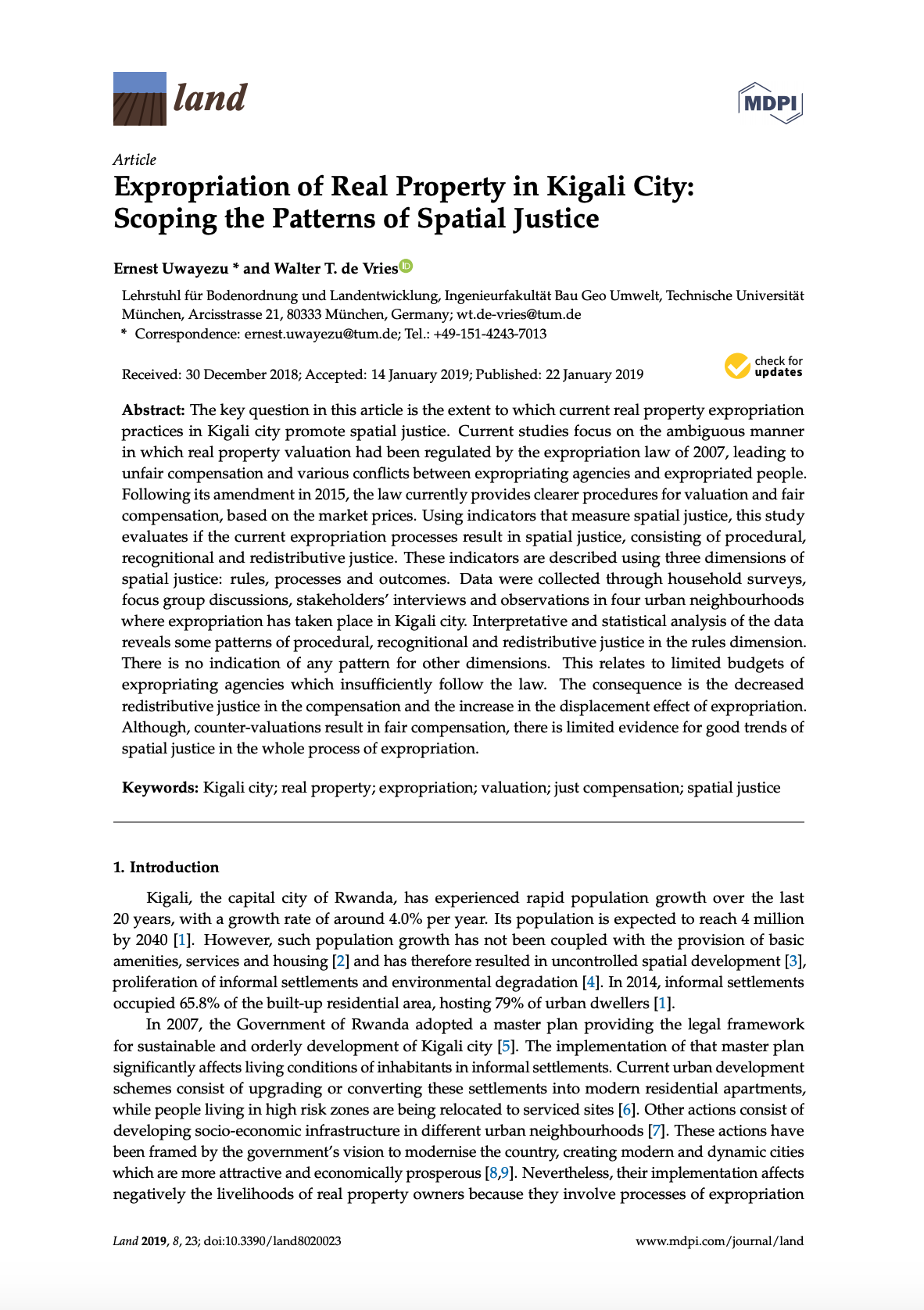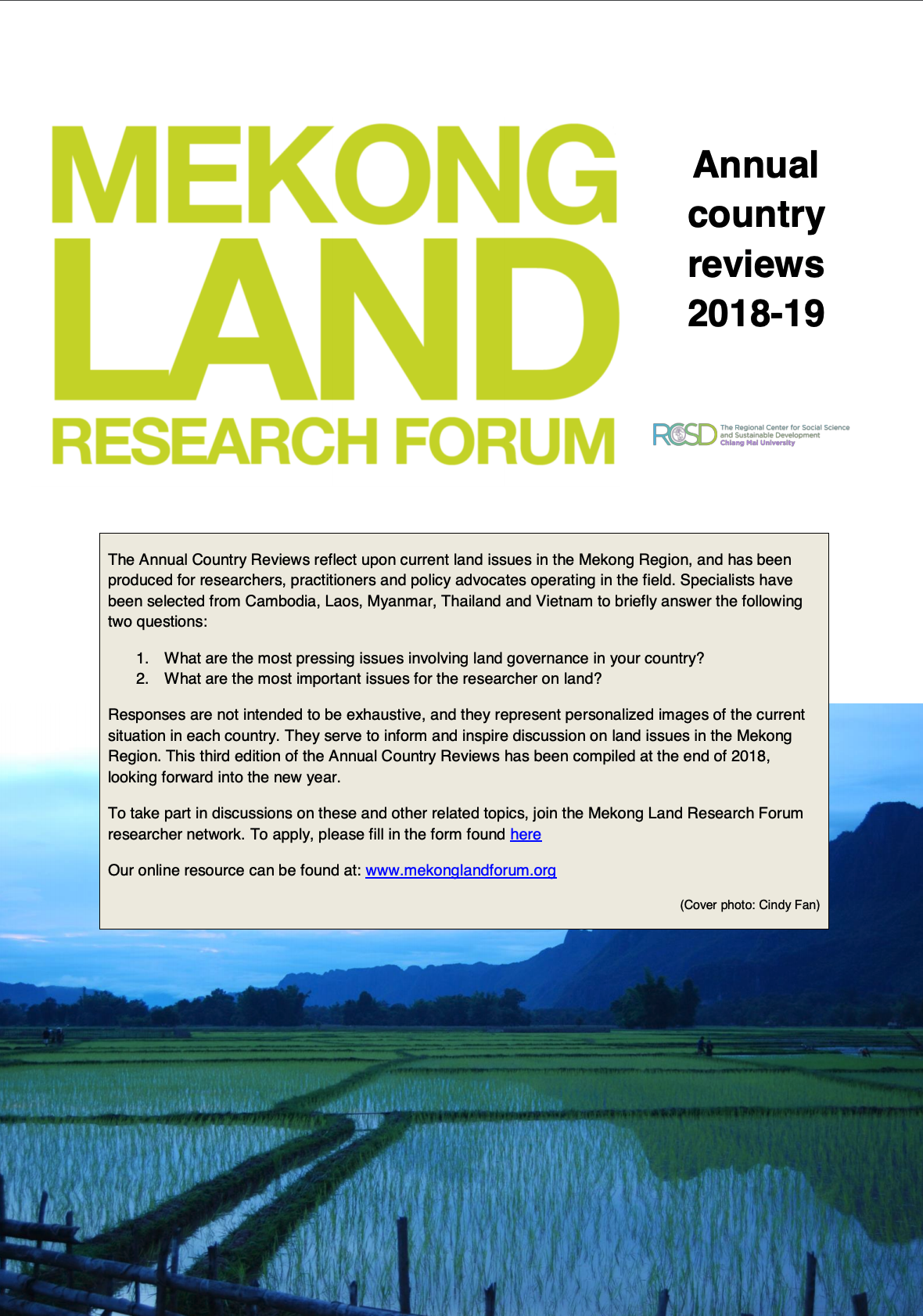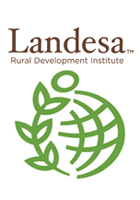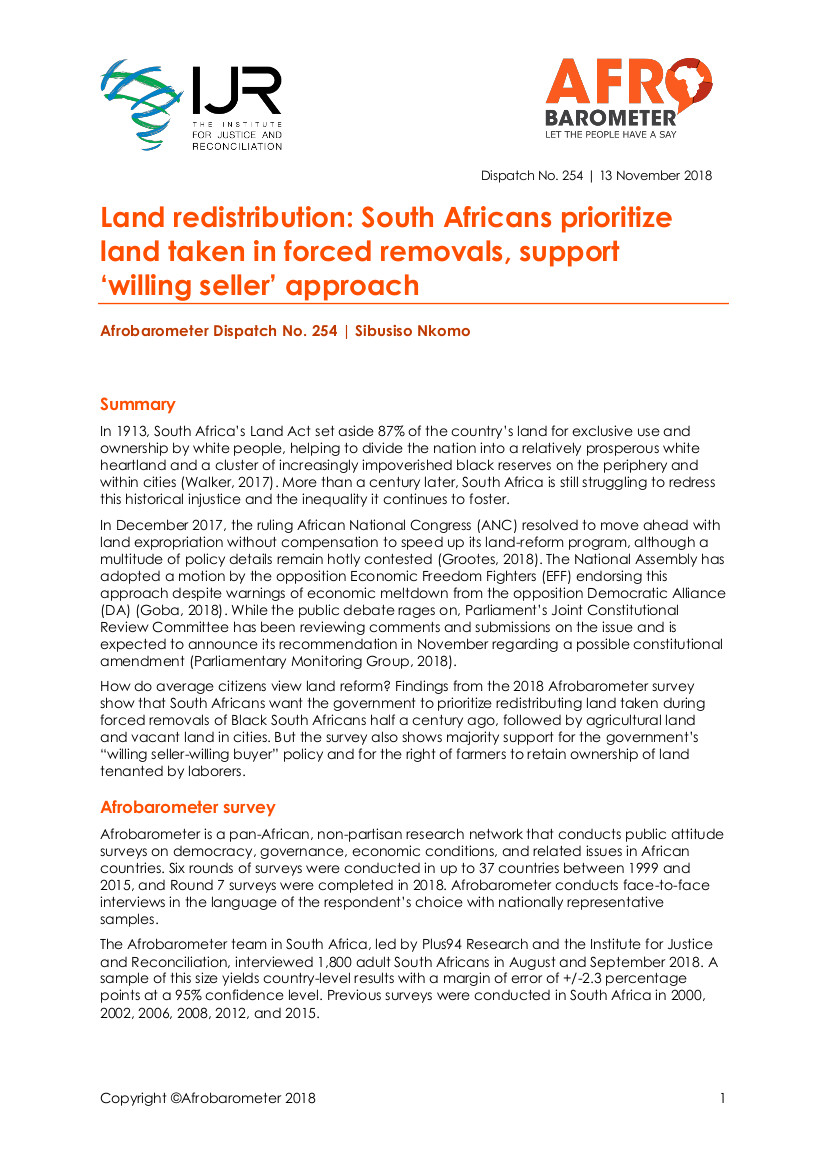Uneven Development: Nature, Capital and the Production of Space
WEBSITE INTRODUCTION: In Uneven Development, a classic in its field, Neil Smith offers the first full theory of uneven geographical development, entwining theories of space and nature with a critique of capitalist development. Featuring pathbreaking analyses of the production of nature and the politics of scale, Smith's work anticipated many of the uneven contours that now mark neoliberal globalization. This third edition features an afterword updating the analysis for the present day.










